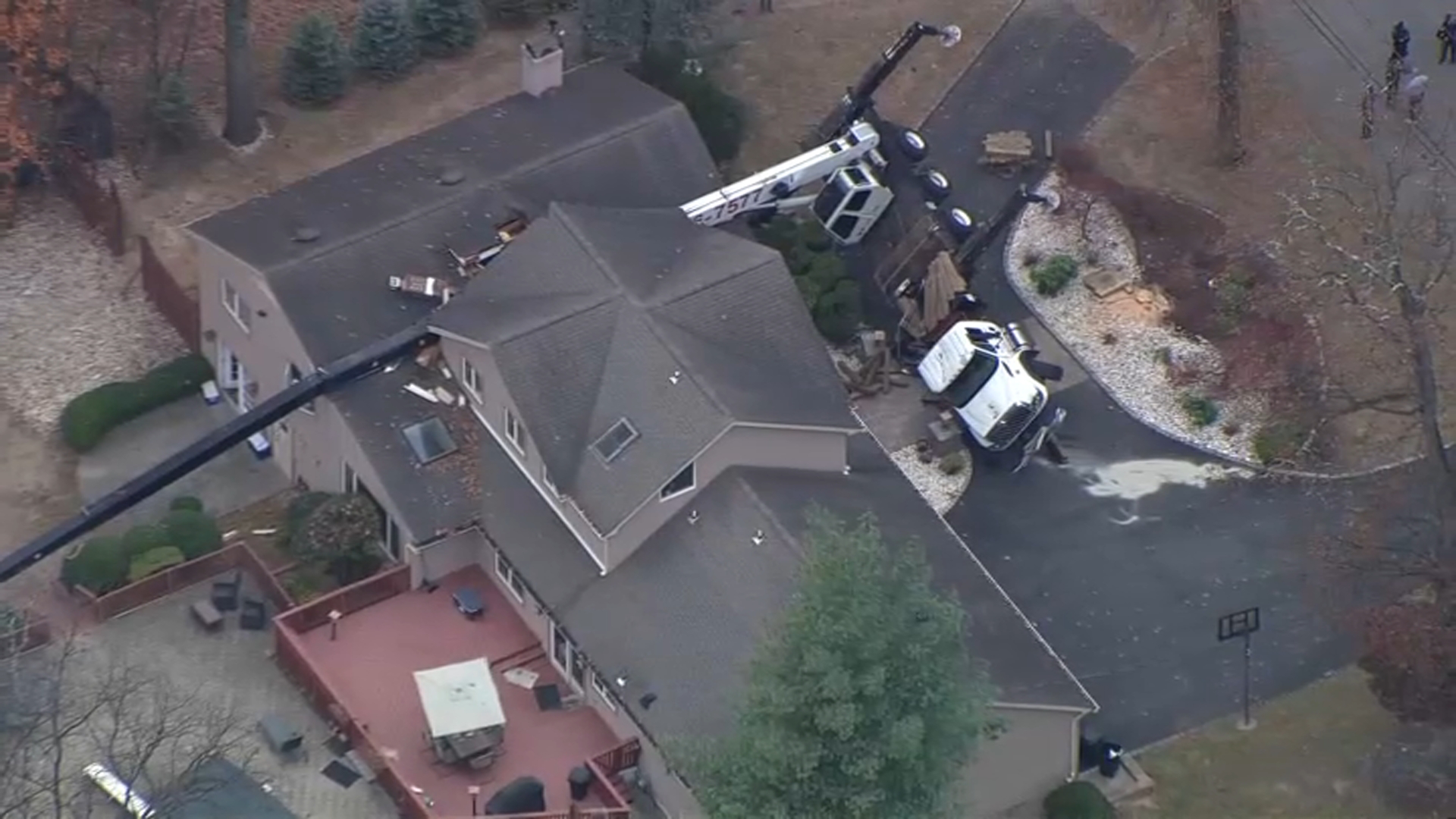Since New Jersey voted to legalize recreational marijuana earlier this month, lawmakers and vendors alike have been working around the clock to create a new marketplace. For some medical dispensaries, expansion is on the docket not just for New Jersey – but across the country.
New Jersey voters approved the constitutional amendment on Nov. 3, with about 67 percent voting to legalize recreational marijuana. The measure doesn’t go into effect until Jan. 1, 2021.
“New Jersey has done a phenomenal job in leading the way,” said CEO of Harmony Foundation, Shaya Brodchandel, in a recent interview with NBC New York.
Harmony Foundation is a medical cannabis dispensary located in Secaucus. With over 50 years of experience, the members of this cultivation team grow just under 4,000 pounds of marijuana per year.
Although this may seem like a healthy amount, it is not nearly enough to support a surge of expected new customers, according to Brodchandel. “It’s certainly not going to be enough to service an entire adult use market – on top of patient growth. We have 92,000 patients in the state of New Jersey,” he explained.
Harmony Foundation is in the works of expanding past the Secaucus location to meet the heightened demand. Brodchandel envisions consumers shopping for cannabis as they do for wine.
Get Tri-state area news delivered to your inbox. Sign up for NBC New York's News Headlines newsletter.
“It’s very similar to the wine industry in terms of people looking at different strains -- focusing on terpenes, flavors, tastes, effects and heritage,” he said. With more commercial products, marijuana will be drawn to a more affordable, premium market.
Local
Along with Arizona, South Dakota and Montana, New Jersey will join 11 states in legalizing recreational use by ballot measures. With a devastated economy due to COVID-19, the introduction of a new commercial market brings the hope of additional tax dollars to the state.
Federal legalization could be next. Trichome Analytical Founder and COO, Kristen Goedde, believes so.
Goedde runs a DEA registered hemp testing lab in Mount Laurel; analyzing for contaminants, such as pesticides or heavy metals. She says federal legalization could be seen within the next 5 years.
“It’s clear that most people in the country agree it should be legalized and regulated. It would lead to a lot safer consumption,” Goedde said. She also mentions the push for accurate labelling – especially in comparison to the black market where "you don’t know what you’re getting."

But national legalization may not be in the best interest of the states.
“The government needs to not go after the states. If the states legalize it, the idea is that the states have the ability to operate without being the federal government’s interest area,” said TerrAscend CEO Jason Ackerman.
Ackerman explains two policies that can be changed instead to normalize the industry’s future. The first point is that, right now, banks cannot lend to cannabis companies. The SAFE Banking Act would allow financial institutions to legally work with cannabis businesses.
The second point, he says, is that “the federal government taxes cannabis companies at an exuberant rate.” To him, the tax burden is so high that it’s nearly impossible for someone with little money to enter the industry.
If those additional steps were taken on top of state legalization, Ackerman believes it would be enough to accelerate the cannabis industry.



